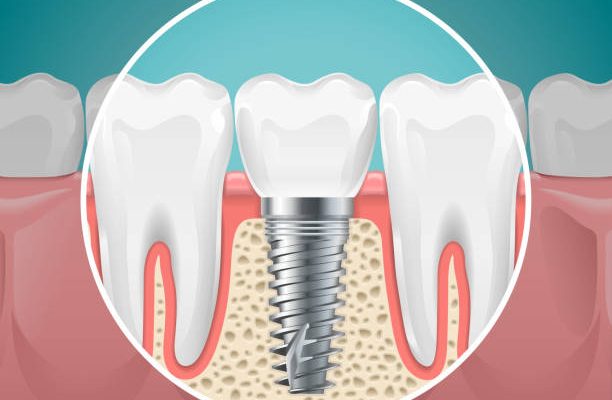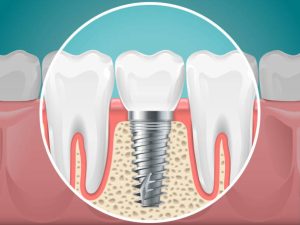
Dental implants have revolutionized modern dentistry, offering a long-lasting and natural-looking solution for tooth loss. However, one question often arises among patients: Is there an age limit for dental implants? Let’s delve into the factors that determine whether someone is an ideal candidate, regardless of their age.
Can Young People Get Dental Implants?
While dental implants can be a fantastic option for replacing missing teeth, young individuals need to meet specific criteria before undergoing the procedure. The primary concern for younger patients is the development of their jawbone.
- Jaw Growth: For dental implants to be successful, the jawbone must be fully developed. In most individuals, this occurs between the ages of 16 and 18 for girls and 18 to 21 for boys. Placing implants before jaw growth is complete may lead to misalignment or failure of the implant.
- Alternatives for Younger Patients: For those under the age of 18, temporary solutions such as partial dentures or bridges can be used until they become eligible for implants.
Dental Implants for Older Adults
Older adults are often ideal candidates for dental implants. Unlike some dental procedures, there is no upper age limit for implant treatment as long as the patient meets certain health and bone criteria.
- Bone Density: Bone health is crucial for implant success. For patients with insufficient bone density, procedures such as bone grafting or sinus lifting can prepare the jaw for implants.
- Health Over Age: The patient’s overall health is more important than their chronological age. Conditions such as uncontrolled diabetes or heavy smoking can affect healing and implant stability. However, many older adults with manageable health conditions can safely undergo the procedure.
- Enhanced Quality of Life: For seniors, dental implants can significantly improve quality of life by restoring chewing ability, enhancing speech, and boosting confidence.
Factors That Determine Implant Eligibility
Regardless of age, the following factors are assessed before proceeding with dental implants:
- Overall Health: Medical conditions like diabetes, osteoporosis, or heart disease need to be evaluated and controlled.
- Bone Health: Adequate jawbone density is essential to support the implant. If bone loss has occurred, additional procedures may be required.
- Oral Hygiene: Good oral hygiene and a commitment to regular dental check-ups are critical for long-term implant success.
- Smoking Habits: Smoking can impair healing and increase the risk of implant failure. Quitting is strongly recommended before undergoing treatment.
Advantages of Dental Implants for All Ages
Dental implants offer a host of benefits for both young adults (after jaw growth) and seniors:
- Natural Appearance: They mimic the look and feel of natural teeth.
- Durability: With proper care, implants can last a lifetime.
- Preservation of Bone Structure: They stimulate the jawbone, preventing bone loss that occurs after tooth loss.
Conclusion
There is no strict age limit for dental implants. The most important factors are jawbone development for younger patients and overall health for older adults. With advancements in dental technology and techniques such as bone grafting, implants are now accessible to a broader range of patients than ever before.
Whether you’re a teenager waiting for jaw maturity or a senior seeking a permanent solution to tooth loss, dental implants can be tailored to your unique needs. Consult with a professional dentist to determine the best treatment plan for your specific situation.

